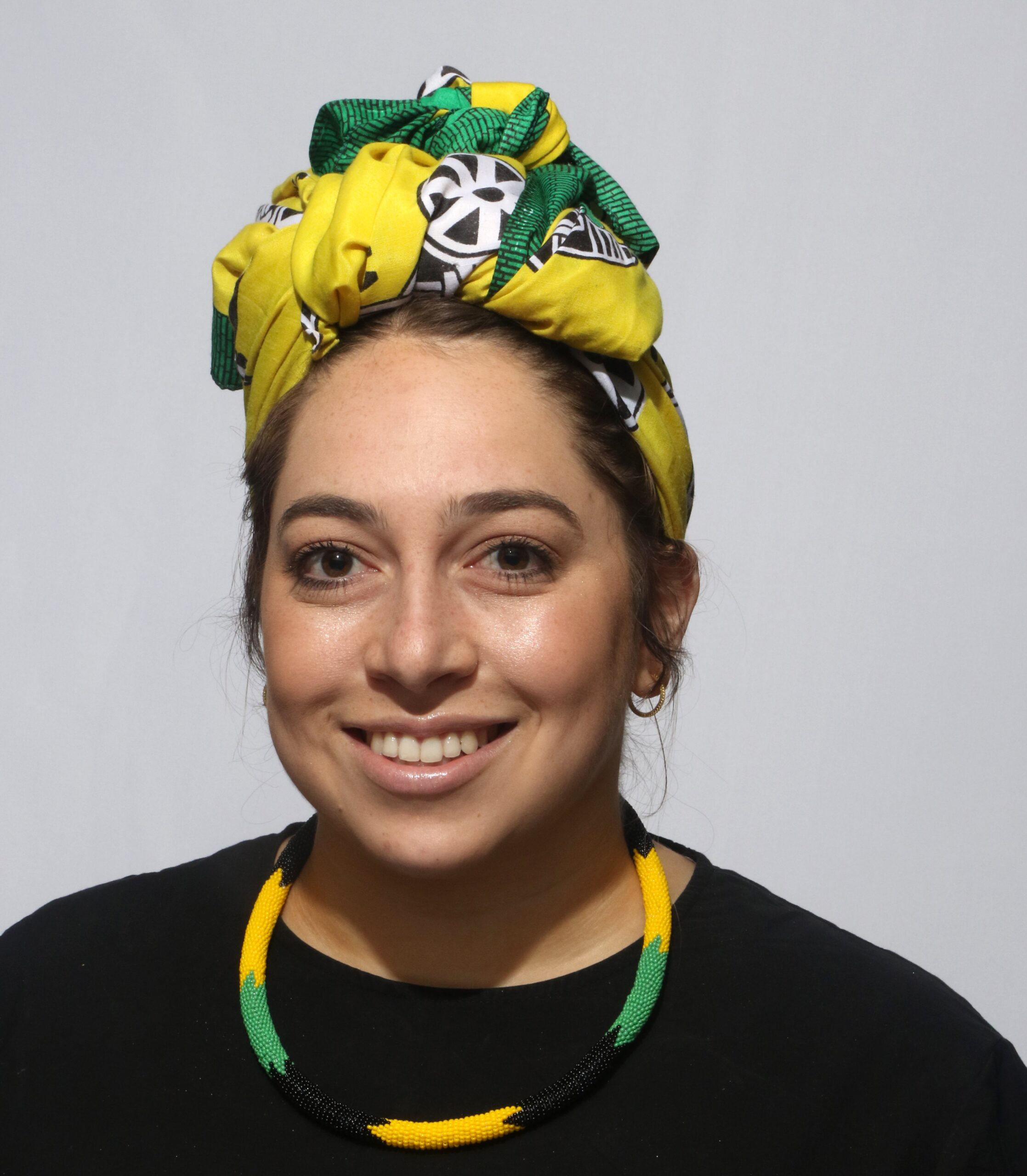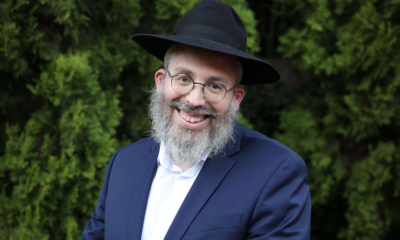
OpEds

Jewish and South African – an enviable identity
We dream of walking the streets of Europe. We dream of studying at one of the many schools or universities in America. We dream of living in Israel among all the Jewish people, especially when loadshedding hits and the 100th discussion is had about the state of South Africa.
Oh, how much greener the grass must be on the other side!
Last week, I returned from the World Jewish Congress (WJC) conference, with the theme of bridging the gap between diaspora Jews and Israel. I was part of one of WJC’s delegations called NextGen, as a fellow of The Lauder Fellowship. The conference began in Brussels, Belgium, and then moved to Jerusalem, Israel.
We met the European Union Parliament, North Atlantic Treaty Organisation, Israeli President Isaac Hertzog, and countless other Jewish organisations. But the most incredible part of it was being surrounded by more than 150 Jews representing their communities around the world.
Throughout the trip, there was a recurring thought in my head – first, how proud I was to be part of the global Jewish community and the contribution it makes in the world. Second, the fact that I was beyond grateful that as a Jew, I live in South Africa.
When it comes to being Jewish, if our influence is compared to our numbers, it doesn’t make rational sense. Yes, some might use this influence for antisemitic rhetoric, but I see it as an incredible achievement, and it reminds me of my duty as a Jew to make a difference.
Though I was overwhelmed at being with our global Jewish family and counterparts, being with them made me appreciate not only being Jewish but also South African, and that I had a return flight to Johannesburg.
Often, we need to be taken out of our reality to see it for what it really is. After school, many of my friends emigrated and now post-university, others are considering following the trend, and so the question looms at the back of our minds, “Am I going to stay in South Africa?”
It’s hard to ignore political instability; crime; a terrible exchange rate, which made it hard to give over the credit card in Brussels Airport for a Coke costing R75; and many other problems we know all too well.
Yet, it took leaving South Africa for a few days to realise that there’s no place I would rather call home as a young, religious Jewish woman.
Throughout the conference, delegates spoke about the issues their communities have to deal with. I was taken back at the discrimination they face, and at their strength. As one does, I compared different experiences across the globe to the Jewish experience at the tip of Africa.
The EU has had to create an entire department to combat antisemitism. In the United Kingdom, a task force on antisemitism was established in higher education to address the increasing antisemitism staff and students were facing on campuses. In America, the Office of Special Envoy to Monitor and Combat Antisemitism has had to be developed to fight the discrimination that the largest population of Jews outside of Israel have to face.
The fact that South Africa doesn’t have such structures in government isn’t something to be looked down upon, but rather envied. Our reality as Jews in this country isn’t the same as that being experienced by so many of our brethren around the world. They have had to fight antisemitism on such a large scale because it’s experienced on such a scale.
While one of my American Fellows had a Nazi student group at her high school, here even non-Jewish schools offer Jewish study groups for their Jewish students. While at Tufts University in America, mezuzahs are being taken down from dorm rooms, the University of the Witwatersrand has hardly experienced any antisemitism in the past three years.
Jews in Israel are becoming more and more divided and polarised, or in President Herzog’s words, there are “serious fault lines within our people”. Meanwhile, the Jewish community in South Africa is one of the most united in the world. No matter how different we are religiously, politically, and financially, each person in this community is cared for.
And they aren’t just cared for by organisations, but by individuals themselves coming together to be there for each other, not in spite of our differences but because of them.
While walking the streets of Brussels, we had to take off our lanyards because on them was written “World Jewish Congress”, and men were encouraged to remove their kippot. In South Africa, if a beggar or car guard recognises that you’re Jewish, you’re greeted with “Shalom mama, may G-d bless you.”
Don’t get me wrong, South Africa has its issues and problems, but after seeing what other Jews are facing around the world, I would much rather have a few hours of no electricity and be able to be a proud Jew anywhere and everywhere in this country.
We can see things through whatever lens we choose, something can be a compliment or antisemitic. We can either be angry because of something, or appreciative of it.
At the end of the day, it’s our choice. Every country has its issues, but I choose to have to use a gas stove and some candles as opposed to having to hide the greatest and most important light of my identity – being a Jew. We don’t realise what we have here as a Jewish community. We don’t appreciate the privilege and resources we have as Jews in this country. We aren’t grateful enough for the incredible lives we live here. We wear the wrong glasses, with lenses that are distorting our view.
The grass isn’t greener on the other side, the grass is only greener where you water it. Let’s start using our power as Jewish people and our duty of tikkun olam to water the grass of South Africa.
- Gabriella Farber-Cohen is the national political officer of the South African Union of Jewish Students, the provincial spokesperson of the African National Congress Women’s League Gauteng, and is in her final year of LLB at the University of the Witwatersrand.











shaun
June 22, 2023 at 1:43 pm
I agree with some of what Gabriella is saying, no doubt, but I would pray that she stops supporting the ANC.